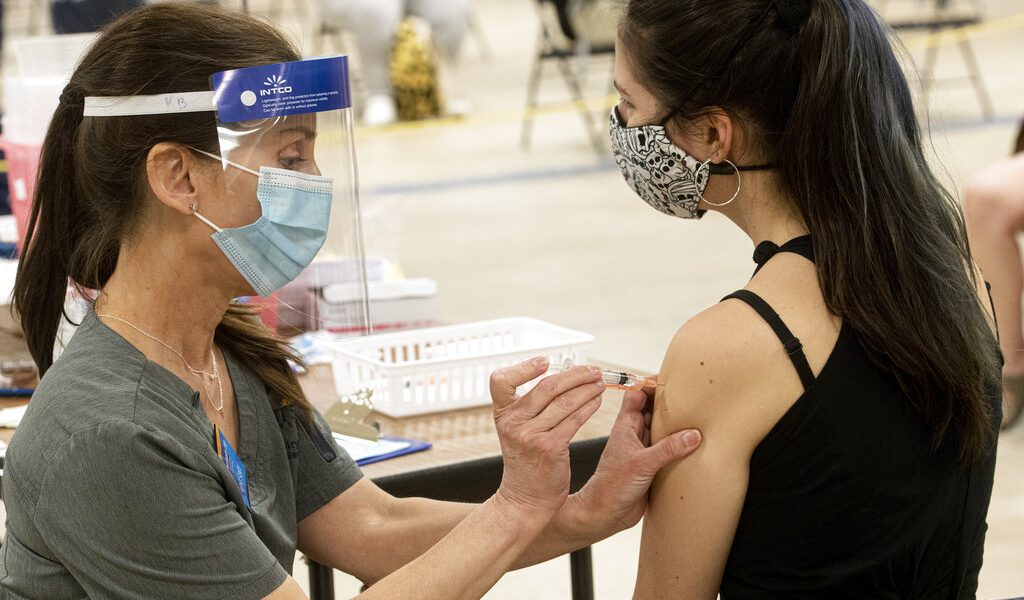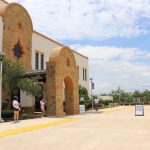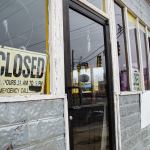Texas A&M University-San Antonio will host a vaccination clinic April 16. Faculty, students and the public are eligible to receive the first dose of the Pfizer vaccine, free of charge.
A thousand doses of the vaccine will be on hand for the clinic.
“It is open to the public of those who registered,” Mario Llano, protocol officer for Precinct 1, said. “There is room for some walk-ins. If somebody that did register brings their mother or someone who did not register, they are not going to turn them away.”
A&M-San Antonio partnered with University Health System and County Commissioner Rebeca Clay-Flores to make Patriots’ Casa a vaccination clinic.
Llano said the site is targeted towards getting the community of Precinct 1 vaccinated.
Student workers, faculty and residents of Esperanza Hall were notified of the clinic through email April 12.
On April 14, an email was sent to the rest of the campus community informing them of the clinic. The email noted that after 5 p.m. vaccination slots would be open to the public.
In an email from Jessica Loudermilk, chief of staff and director of presidential operations, recipients 18 years or older were originally eligible to receive the Johnson & Johnson vaccine.
However, in a media statement on April 13, the Centers for Disease Control noted six cases of blood clots out of 6.8 million individuals who received the Johnson & Johnson vaccine.
In response to the CDC’s recommendation for a pause on administration of the Johnson & Johnson vaccine, individuals at A&M-San Antonio will receive the Pfizer vaccine instead. An email was sent out on April 13 notifying recipients of the change.
Elizabeth Allen, spokesperson for University Health System, said the shift in vaccines was easy.
“Our vaccine team pivots every day,” Allen said. “They have the logistics down so this was a pretty easy switch for them.”
According to the CDC’s statement, the clots occurred in women 18-48 years old. These cases require different treatment than other clots.
“Usually, an anticoagulant drug called heparin is used to treat blood clots,” the statement read. “In this setting, administration of heparin may be dangerous, and alternative treatments need to be given.”
The CDC notes that these cases are rare, but advises individuals who have received the Johnson & Johnson vaccine to contact health care providers if they experience severe headaches, abdominal pain, shortness of breath and leg pain within three weeks after their vaccination.
Allen hopes that people will continue to educate themselves about vaccines.
“Concerns deserve to be answered,” Allen said. “Seek out information from trusted sources, talk to your doctor and check valid websites.”
The second dose of the Pfizer vaccine will be administered on campus May 7.
“(The hold on the Johnson & Johnson vaccine) is proof the system is working,” Allen said. “We are paying close attention to this process and are making sure everything is as safe as possible.”
The Mesquite reached out to university officials, however, they did not confirm times for interviews by the deadline.







